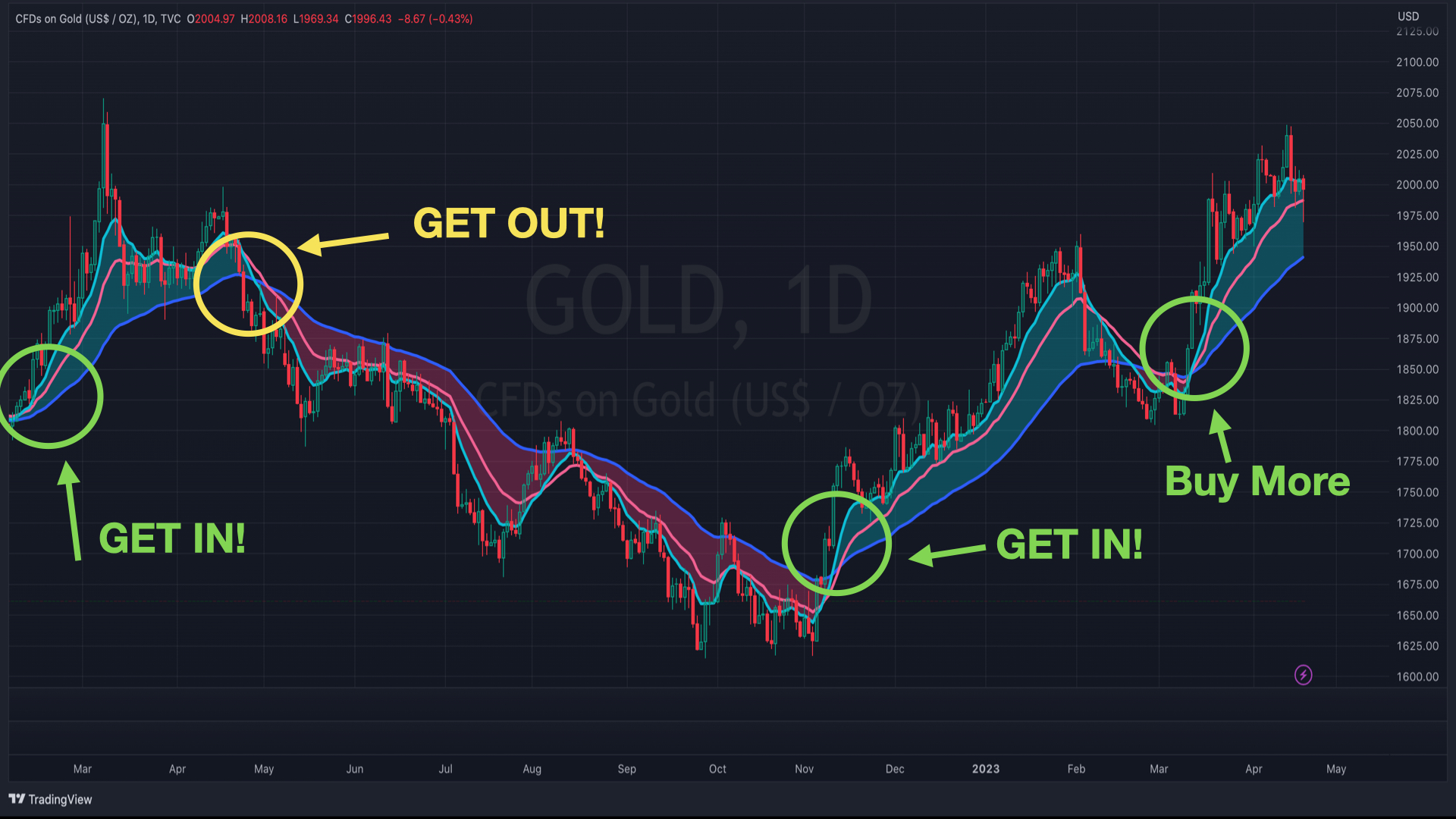In recent years, Bitcoin and precious metals such as gold and silver have emerged as popular investment options for those looking to diversify their portfolios. While both Bitcoin and precious metals have a proven track record of generating significant returns, they are vastly different in terms of ownership, stability, and volatility. Here, we will discuss the battle between Bitcoin and precious metals and which investment is likely to emerge on top.
Bitcoin
Bitcoin is a decentralized digital currency that operates independently of any central authority or financial institution. The value of Bitcoin is based on supply and demand, and its price is known for its volatility, often increasing or decreasing significantly within short periods.
One of the major advantages of investing in Bitcoin is its potential for high returns, especially if one buys at low prices and sells at high prices. Bitcoin's decentralized nature makes it immune to manipulation by governments or any centralized financial institutions.
However, Bitcoin's volatility is also one of its biggest disadvantages, making it a risky investment option for some investors. Its value is tied to market speculation and perception, which can change overnight. Moreover, Bitcoin's independence from central authorities also means that governments may be hesitant to embrace it fully, subjecting it to a certain level of legal and regulatory risk.
Precious Metals
Gold, silver, and other precious metals have been used as currency and store of value for thousands of years. Precious metals are known for their stability and relatively low volatility. Factors like production costs, demand, and supply are the major determinants of their market prices.
Gold is a popular investment option, especially for those looking to diversify their portfolios. It has a low correlation with other investment classes like stocks and bonds, making it an excellent hedge during times of economic uncertainty.
One of the biggest advantages of investing in precious metals is the fact that they are tangible assets, meaning they have physical value and are not reliant on any third-party institutions or networks. Also, precious metals have a stable supply, meaning they are not subject to the production variances of other commodities like oil and gas.
On the downside, precious metals typically have lower potential returns compared to Bitcoin, and their prices can be manipulated by governments or large institutions. Also, investors must factor in storage, transportation, and insurance costs while investing in physical metal assets.
Which Will Come Out on Top?
It's impossible to predict which investment option between Bitcoin and precious metals will come out on top. Both options come with their benefits and drawbacks, and ultimately it depends on the individual investment goals and preferences of each investor.
While Bitcoin may offer quick and large returns, it may also come with more significant risks due to its volatility, whereas precious metals offer more stability, but lower potential returns. Precious metals might have better longevity in the fact that they have retained their value for centuries while Bitcoin, being digital, is subject to technical glitches or fraud.
Final Thoughts
Ultimately, the decision of which investment option, Bitcoin or precious metals, will come out on top is dependent on various factors, including risk tolerance, investment goals, and preferences. Consider the benefits and drawbacks of each investment option carefully before investing and always consult with financial experts to make informed investment decisions.




